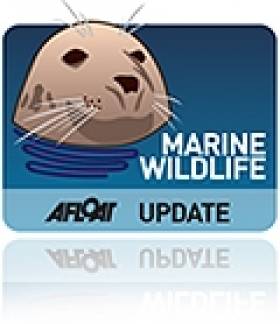Displaying items by tag: castlegregory
Sperm Whale Carcass Rots On Dingle Peninsula Beach
#MarineWildlife - The carcass of a 30-metre sperm whale that washed ashore on the Dingle Peninsula last week is still lying on the beach, the Irish Examiner reported yesterday.
The body of the giant cetacean, which is believed to have died at sea, washed up at Fermoyle near Castlegregory, and has been inspected by staff from Kerry County Council.
It's hoped that the tide will rise high enough to carry the rotting carcass back to sea, but if necessary the council said it would take measures to remove it - particularly with the start of the Easter break this week.
Sperm whales - as seen recently by 'Cetaeans on the Frontier' surveyors on the edge of the continental shelf - are an unusual occurrence on Ireland's southwest coast, which normally plays host to humpback, minke and pilot whales, the latter of which commonly strand on the coasts of Cork and Kerry.
Elsewhere in the Kingdom, as reported earlier today on Afloat.ie, Fenit RNLI were joined by three local families to help give a fighting chance to a dolphin that stranded on a remote beach on Fenit Island last night.
Nin O'Leary Heads West on Kitesurfing Expo
#KITESURFING – So this is what Royal Cork Yacht Clubs' finest get up to in the closed season! A top class crew took to the air at the weekend when Triple all Ireland Sailing Champion Nicholas O'Leary led four people, two cars, six kites, five boards, 110km west on a road trip to Castlegregory, Kerry on a Kitesurf trip.
From Brian Carlin's video you can see conditions looked ideal with a six metre swell and 15-20 knots of breeze and lovely winter sunshine!!





























































